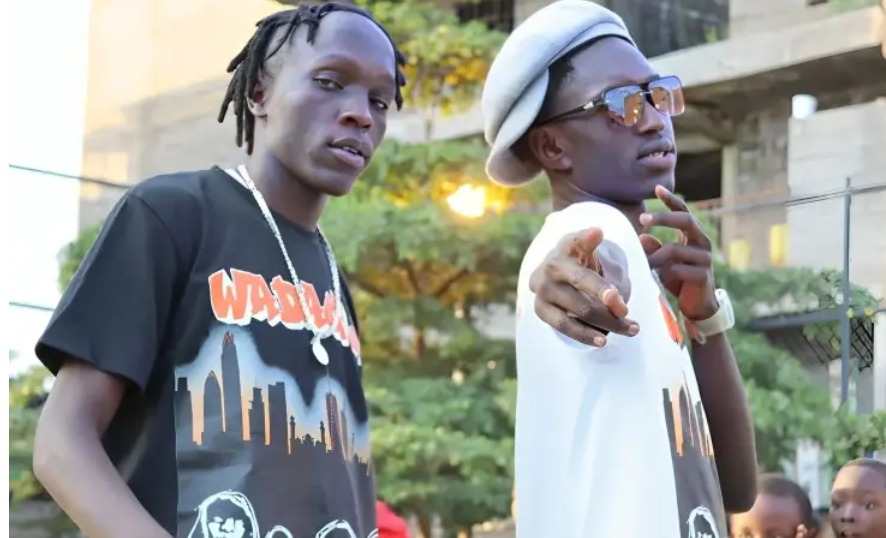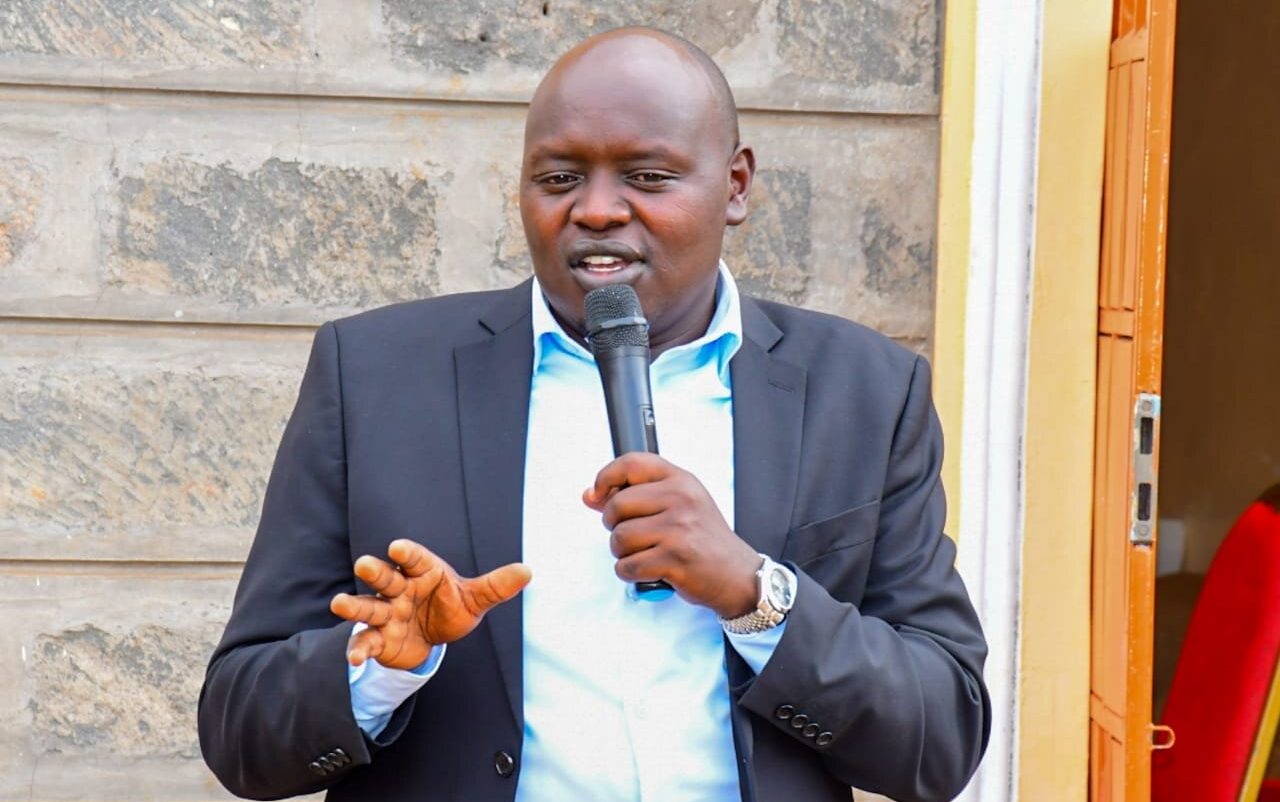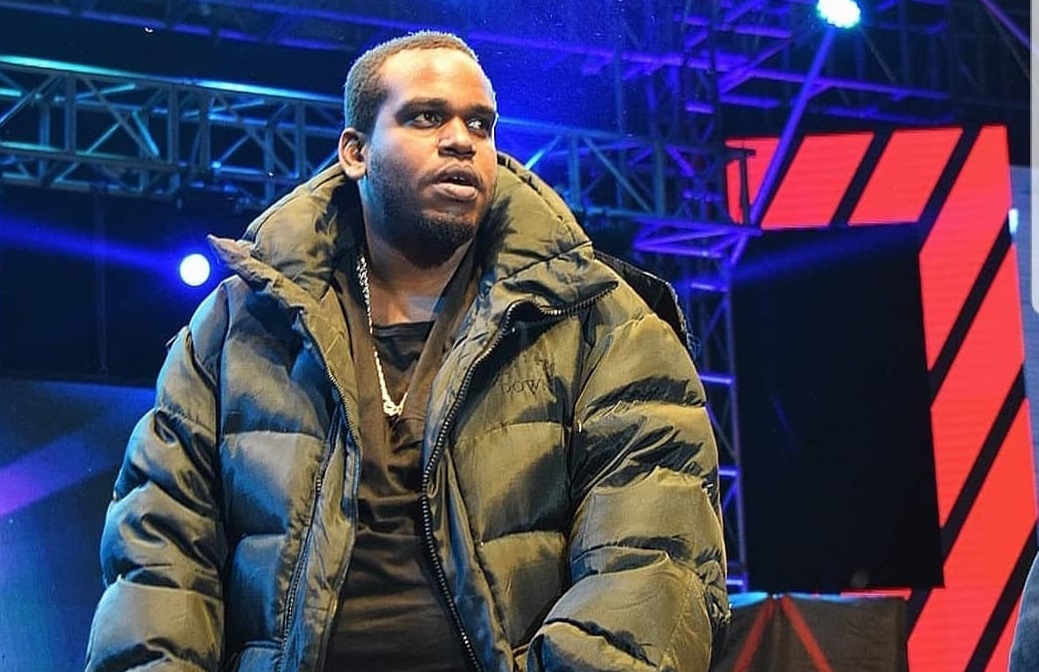Twitter has abruptly suspended more than half a dozen journalists in the United States who have reported critically about the social media platform’s new owner Elon Musk.
The suspensions, which happened without prior warning late on Thursday, came as Musk accused journalists of endangering his family by “doxxing”, or disclosing nonpublic information, about his location.
The suspended journalists include reporters from The New York Times, The Washington Post, CNN, The Intercept and Voice of America.
“Criticizing me all day long is totally fine, but doxxing my real-time location and endangering my family is not,” Musk wrote on Twitter, adding that “the same doxxing rules apply to ‘journalists’ as to everyone else”.
Musk later accused journalists of posting “basically assassination coordinates” in violation of the platform’s policies.
Flight tracking data collected by the United States Federal Aviation Administration is public information and routinely shared online by private websites such as FlightAware and Flightradar24.
Although the exact reasons for the individual suspensions were not clear, several of the suspended journalists, including Drew Harwell of the Washington Post and CNN’s Donnie O’Sullivan, had written about Twitter’s suspensions of the flight-tracking accounts and Musk’s jet.
O’Sullivan said during an appearance on CNN after his suspension that he had not shared the precise live location of Musk’s jet.
All of the suspended journalists, who also include the New York Times’ Ryan Mac and The Intercept’s Micah Lee, have also written critically about Twitter and Musk more generally.
Ella Irwin, Twitter’s head of Trust & Safety, told NPR the platform would suspend “any accounts that violate privacy policies and put other users at risk” but declined to elaborate on individual decisions.
The suspension drew expressions of concern from the New York Times, Washington Post, CNN and press freedom advocates.
Sally Buzbee, editor-in-chief of the Washington Post, said Harwell’s suspension “undermines Elon Musk’s claim that he intends to run Twitter as a platform dedicated to free speech”.
Jameel Jaffer, director of Knight First Amendment Institute, a press freedom advocacy group, said Musk had shown himself to be unsuited to the responsibility of running the influential social media platform.
“Is it tenable for reporters to stay here now that Musk has made clear that they’re here at his pleasure, and that he’ll eject them if they cross his arbitrary lines?” Jaffer wrote on Twitter.
Freedom of speech on Twitter
Musk, a self-described free speech absolutist, has pledged to encourage a diversity of views on Twitter and tackle what he views as its liberal bias under the platform’s previous management.
Since taking over the platform in a $44bn deal in October, Musk has slashed Twitter’s workforce, overhauled its moderation policies and restored previously banned accounts, including that of former US President Donald Trump.









